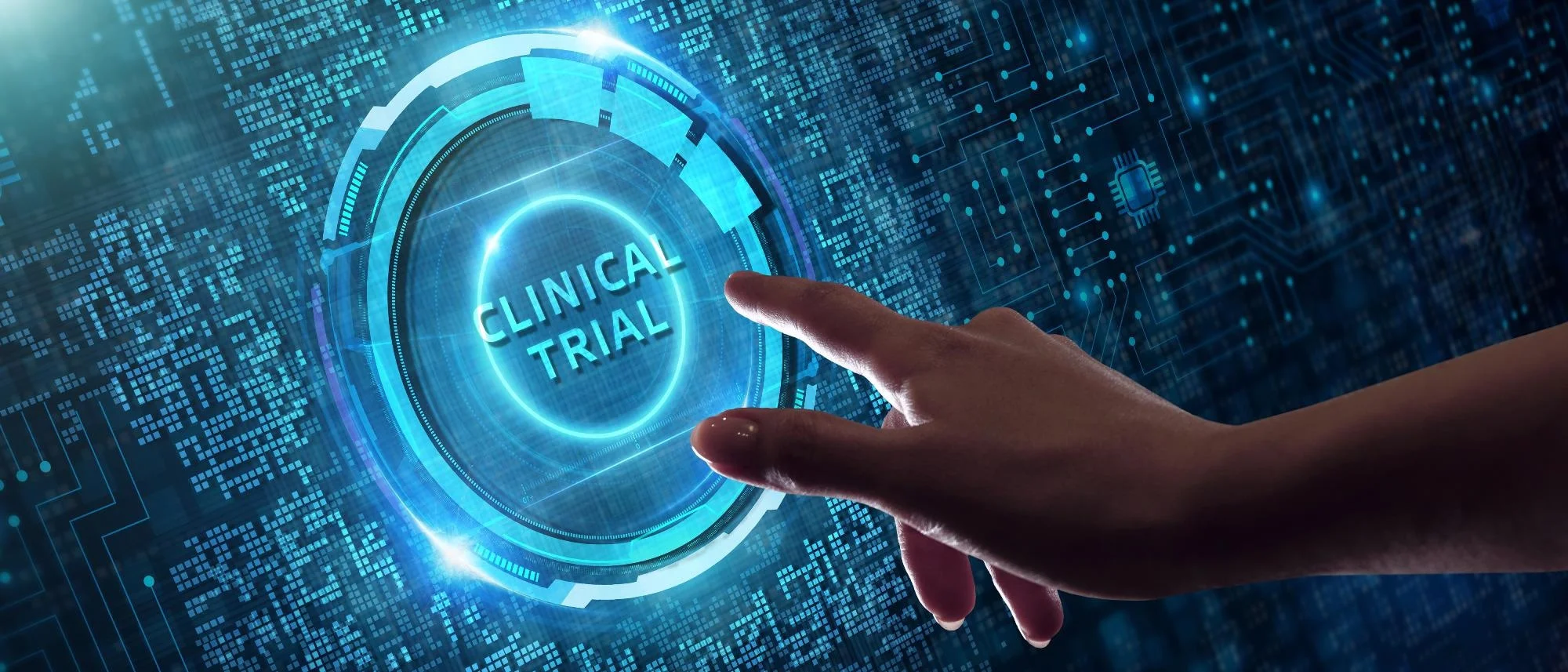Clinical trials are crucial in building a robust healthcare system in the world, as these trials help us to get access to effective medicines or medical devices. However, conducting these trials requires careful planning and execution to safeguard the well-being of participants and maintain the integrity of the clinical trials.
The researchers have to take a lot of precautions for the safety and integrity of the participants and the entire trial. In this post, we are going to share detailed information about the various precautions that researchers take before while executing, and after concluding the trials.
Before we know about the precautions, it’s important to know the importance of precautions. Clinical trials involve testing new drugs, treatments, or medical devices on human participants to understand their efficacy and safety. Without proper precautions, the participants may face serious health issues and the entire trial could fail. As one of the main aims of the trials is to find the efficacy and safety of the medicine while ensuring the safety of the participants.
#1 – Pre-Trial Precautions
The first phase of any clinical trial involves detailed planning and protocol development to outline the objectives, procedures, and safety measures of the study. During this stage, researchers work closely with regulatory authorities, ethics committees, and others to create a robust framework or protocol for conducting the trials.
The entire process of creating a framework for the successful completion of the trials is based on the precautions. Be it the trial methodologies, possible side effects, a protocol for handling the worst-case scenarios and many other things are on the table while creating a protocol or framework.
You might like this:
- Industry and FDA Insights on Clinical Trial Regulatory Change
- FDA On Clinical Trial Innovation and Regulatory Evolution
- Synthekine Trial Shows New Hope for Advanced Tumor Battles
#2 – In-Trial Precautions
Once the clinical trial is being executed, researchers implement a range of precautions to monitor participant safety and ensure the integrity of the data collected. This includes regular monitoring of participants’ health status, adherence to the study protocol, and side effects on the patients.
During the trial, participants are closely monitored by healthcare professionals to identify if the patients are seeing any kind of side effects. As per the pre-trial protocol framework, they take action to keep the patient safe and healthy for as long as possible by either stopping the medicine, or finding the counteracting medicine, side effects, and many other things. This is quite important as it may cause serious issues with the trials. Additionally, they do report such adverse effects to the regulatory authorities for transparency in the trials.
Final Words
The systematic approach and the transparency are what make clinical trials so reliable for building a robust healthcare system. With the various precautions taken for the safety of the participants by crafting a stunning protocol framework with all the ethical considerations and the reporting of the adverse events, the researchers stay transparent and dedicated to patient safety.




